Media-Senate rapport signals new era of collaboration
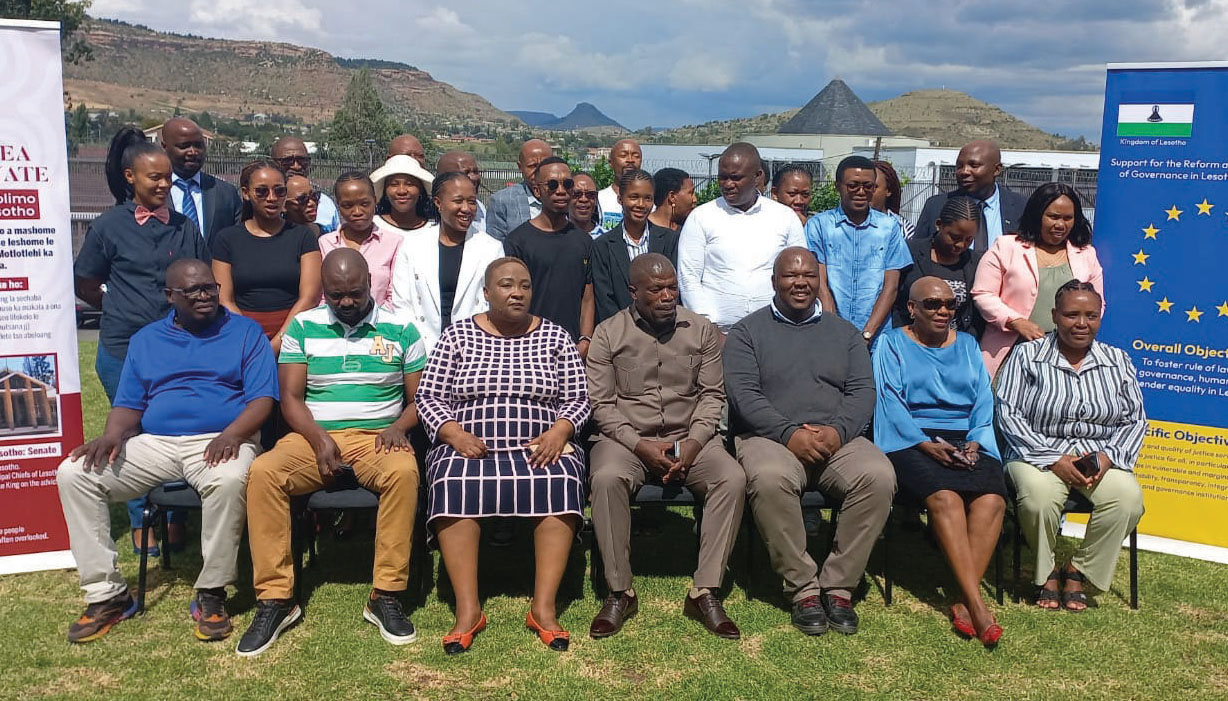
SHARE THIS PAGE!
In a break from the norm, the Senate (Upper House of Lesotho’s bicameral parliament) reached out to the media recently, as it shifted its focus from legislation to forging a new partnership.
The buzz of excitement surrounding this historic gathering signaled a new era of collaboration between the Upper House and the press, a stark contrast to the typically quiet atmosphere of the Senate Chambers.
In an unprecedented step towards a more open and transparent Lesotho, the Senate joined hands with the African Parliamentary Press Network (APPN) this week to initiate a collaboration-focused meeting.
Senators shared their perspectives on the critical role of media in preserving democratic principles, while journalists emphasized the importance of access to information and open dialogue with the Senate.
It became clear that the meeting was not a fleeting exchange, but the start of a longer journey towards a more harmonious relationship between the Senate and media.
Moving forward, the Senate and APPN intend to develop a joint action plan, that would leverage the collective expertise and resources of both parties.
The partnership will involve increasing media coverage of Senate proceedings, providing training for Senators on media relations, and establishing a framework for regular communication between the two groups.
The success of this collaboration could serve as a shining example for other African nations looking to strengthen the ties between government and the media.
The workshop was held at the centre of Maseru last week under the theme: ‘Strengthening Partnership; Enhancing Senate-Media Relations in Lesotho.’
The platform provided an opportunity for parliamentary reporters and Senators to engage in dialogue, exchange ideas and address mutual challenges with an ultimate aim of building more cooperative and transparent working relationship.
Speaking during the training session, APPN Dean Lesotho Chapter, Thoboloko Ntšonyane noted that APPN’s mandate is to bridge the information gap between Parliament and the public among others.
Ntšonyane acknowledged that the media plays a crucial role in reporting parliamentary activities to the nation, ensuring that proceedings remain open and accessible for public scrutiny within a democratic dispensation such as Lesotho.
“We appeal to the Senate to provide the media with as much information as possible, promptly and transparently when such a need arises.
“This includes details on members and their committees, the Order Paper, members representing Lesotho in international and regional parliaments and organisations, voting records, and any other parliamentary information that the public has the right to access,” Ntšonyane appealed.
In cases where media access to proceedings is suspended, the reasons for such decisions should be clearly stated, he added.
Ntšonyane highlighted that Parliamentary information was vital for the public to stay informed about the laws being passed, the work of committees, and their oversight of public institutions, as these matters directly affect citizens. It is our duty to ensure that this information is disseminated through credible and trustworthy reporting across various media platforms, including newspapers, radio, online platforms, social media, and television.
Moreover, he noted that freedom of the press is fundamental to democracy. It must therefore be emphasised that, in carrying out its duty, the media should be protected and respected by Parliament, as it operates impartially and without fear, favour, or prejudice.
He concluded: “As we embark on this partnership with the Senate, it is important to acknowledge that the media’s responsibility is to maintain truth and professionalism in their reporting, even when doing so critically. We trust that Honourable Members will be informed about this relationship and the role of the media.
“While we recognise that some journalists or media houses may, at times, fall short in fulfilling their mandate, we encourage that such matters be reported to the APPN. This enables us to intervene where necessary, as we have done previously with the National Assembly. It is unfair to tarnish the entire media fraternity due to the conduct of one journalist or media house and we urge that any concerns be addressed with specificity.”
When giving an overview of the Senate, Clerk of the Upper House, Advocate Tšeliso Molise indicated that the Senate was established by Section 55 of the Constitution.
Senate consists of 22 Principal Chiefs and 11 Senators with special skills, appointed by His Majesty the King through the advice of the Counsel of State. The other is the Attorney General who is a non-voting member in Parliament (Senate and National Assembly).
Advocate Molise stressed the importance of Senate’s role as a representative institution, tasked with holding the executive and national government accountable, legislating, reviewing laws that are responsive to the public’s needs, exercising oversight and allocating budgets.
The diverse set of responsibilities, he said, necessitates effective communication between the Senate and the press, enabling the public to stay informed and involved the country’s democratic process.
Adv Molise underscored the importance of collaboration between the Senate and media as a vehicle for better communication with the public.
By working together, he argued the Senate and the media should disseminate critical information on national issues and legislative developments, fostering a more engaged and informed citizenry.
This in turn promote a stronger democratic process with citizens being able to hold representatives accountable, he noted.
For his part, the chairperson of Senate committee chairpersons, Dr Thabiso Lebese expressed concerns about the minimal coverage of the Senate.
“We have noticed that our local media tends to focus more on the National Assembly than the Senate, which is a cause for concern. This means that our citizens are not getting a complete picture of our daily activities and may not be fully informed about our work.
“We hope that this partnership will help address this imbalance and ensure that the Senate also receives the coverage for the sake of the public. We believe that a well-informed society is a strong society. By opening our doors to the media, we hope to demonstrate our commitment to transparency and accountability. We recognised that journalists play a vital role in holding government to account, he noted.
Dr Lebese highlighted that although Senators are not elected directly by the people, they serve a vital function in representing the interests of citizens.
“This partnership is an important step forward in our efforts to build a more open and transparent governance. We are committed to working closely with our media colleagues to ensure that our citizens are well-informed and engaged in the democratic progress,” Dr Lebese noted.
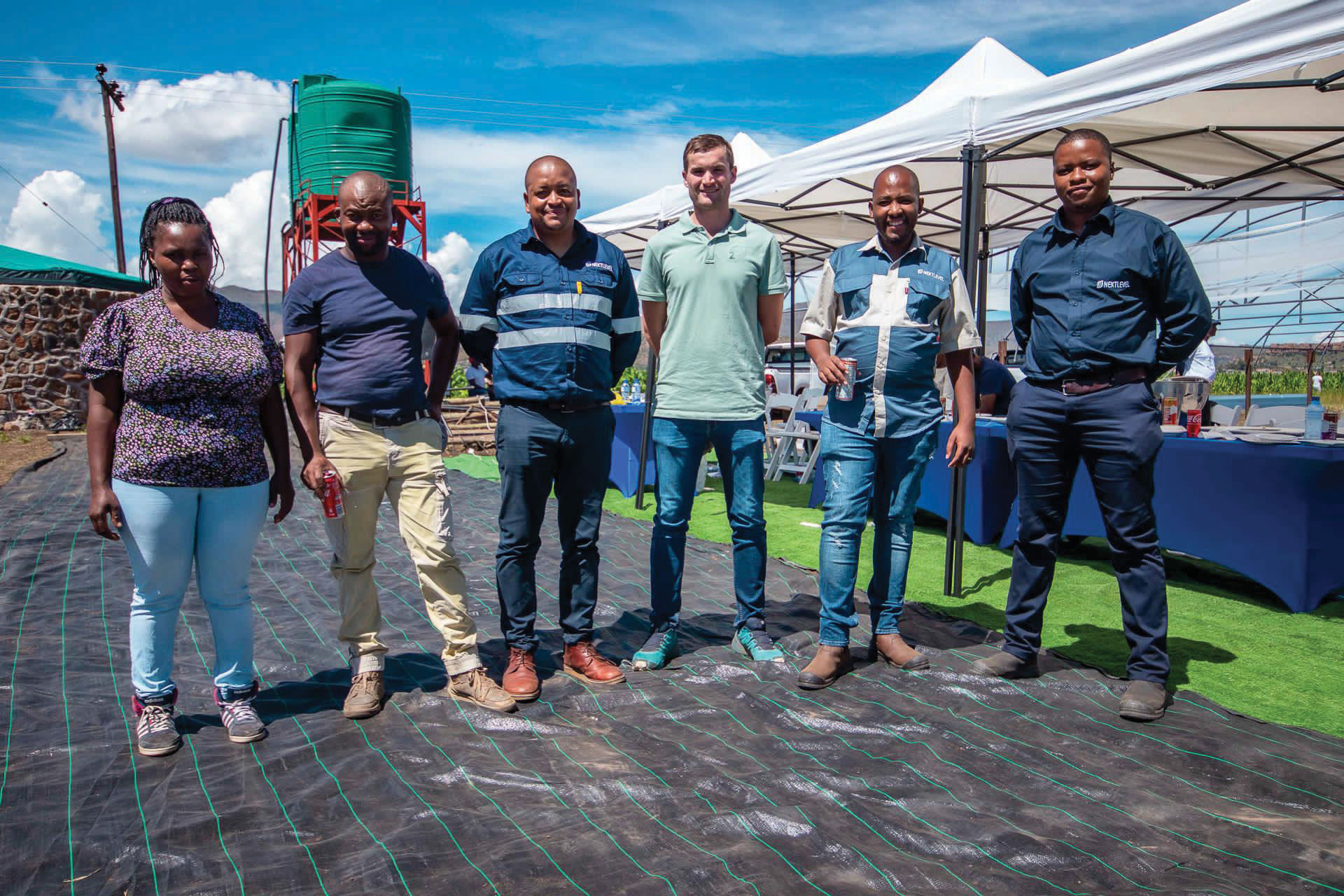
Farmers embrace new potato farming technology
16 hours ago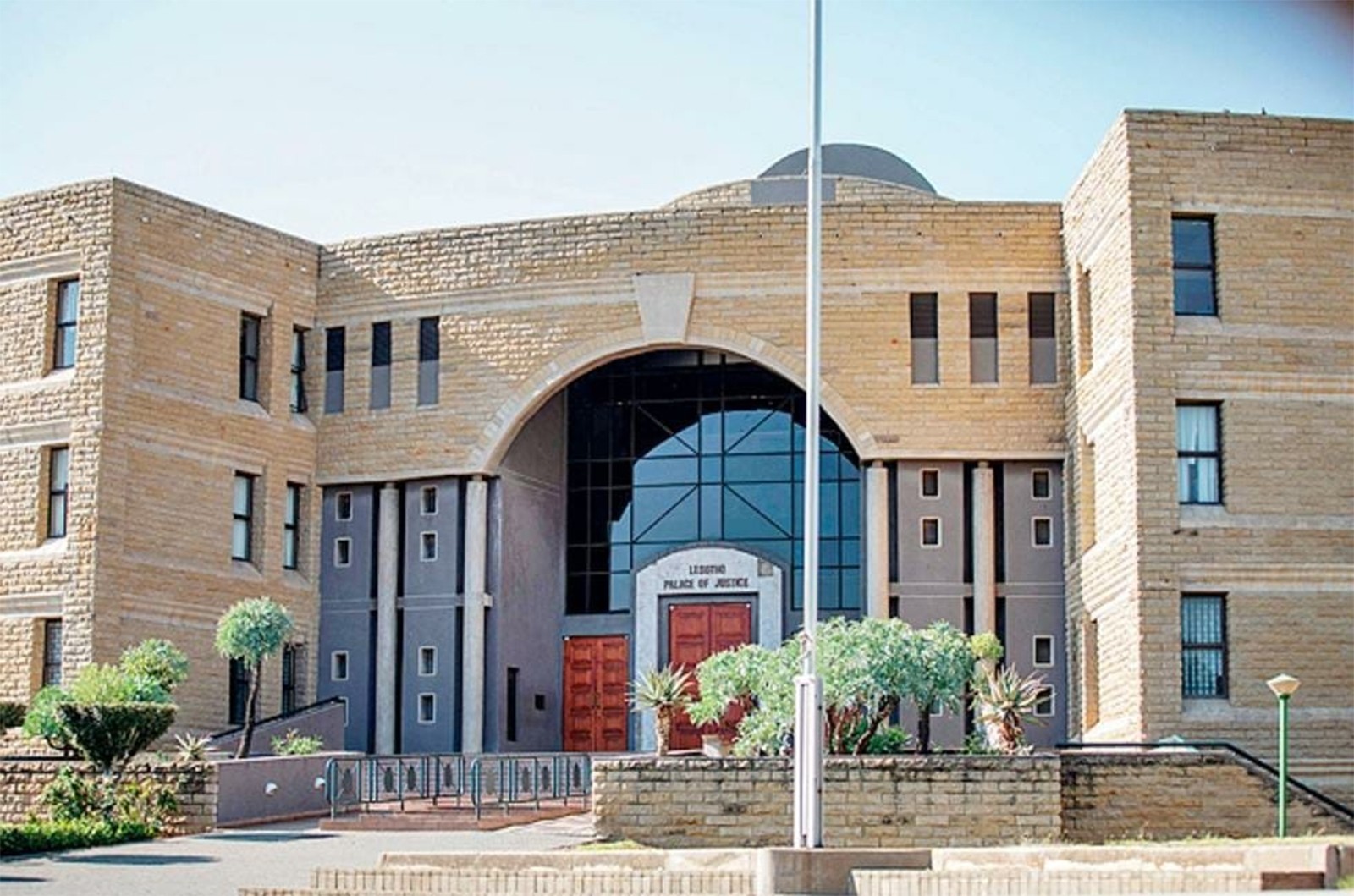
Mohale Dam case: cop testifies
17 hours ago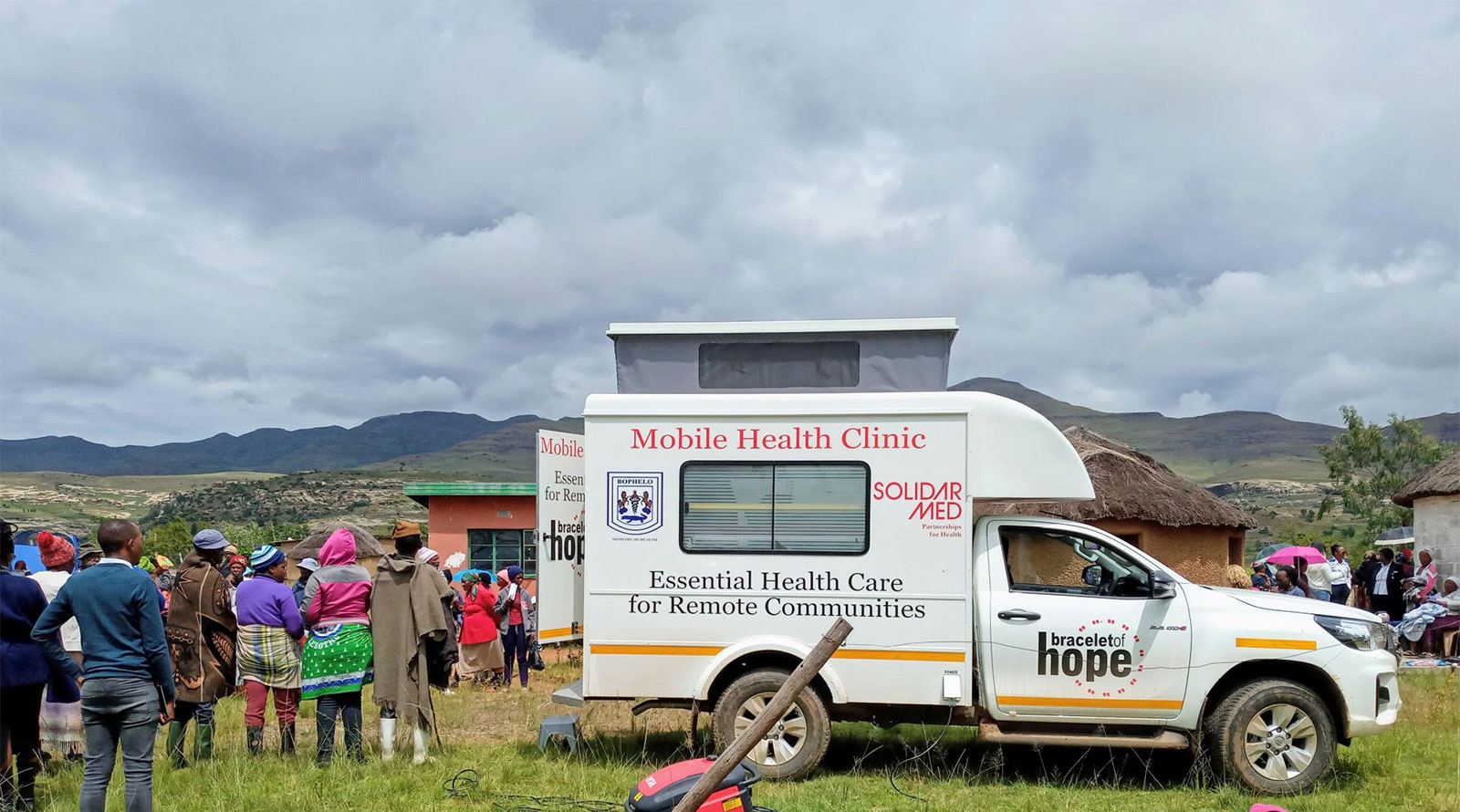
Rural healthcare crisis: a matter of human rights
20 hours ago

Nthabiseng Makebe inspires change
21 hours ago
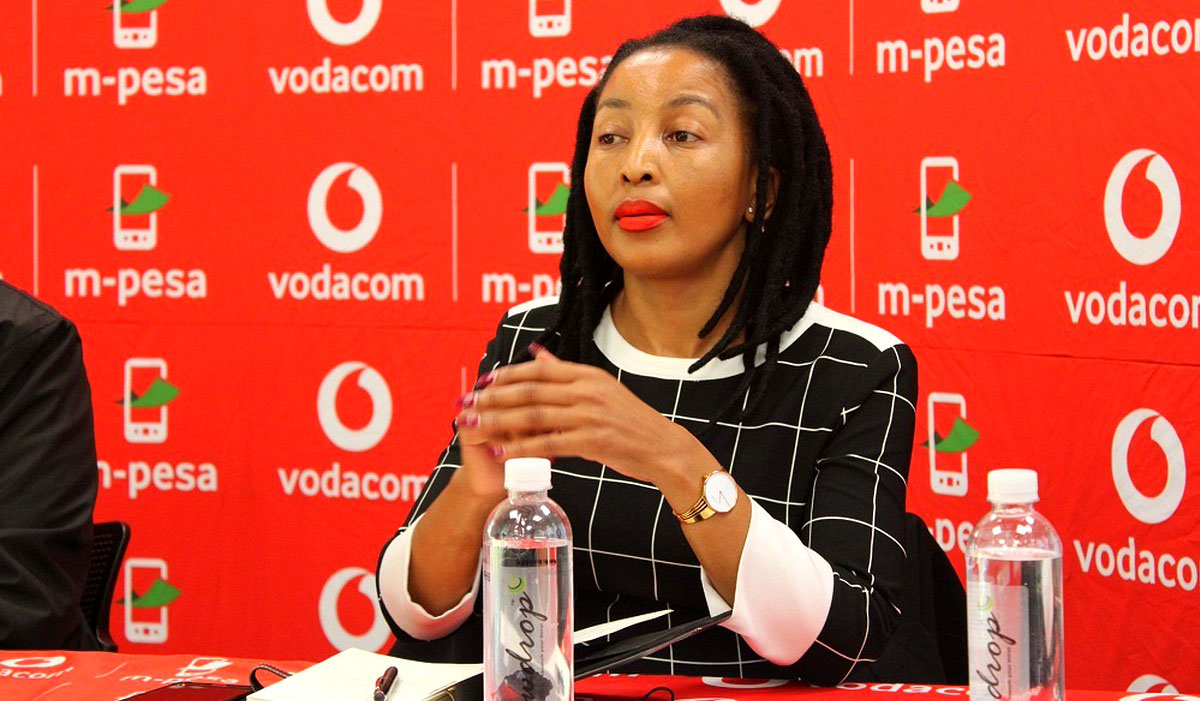
Vodacom’s M-Pesa breaks network barriers
a day ago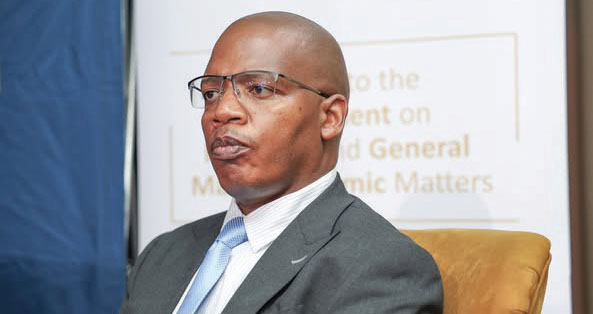
Modest growth anticipated – CBL
a day ago
LeSwitch to make ATM transactions easier
24 days ago
WASCO targets water leakages in Maseru
24 days ago